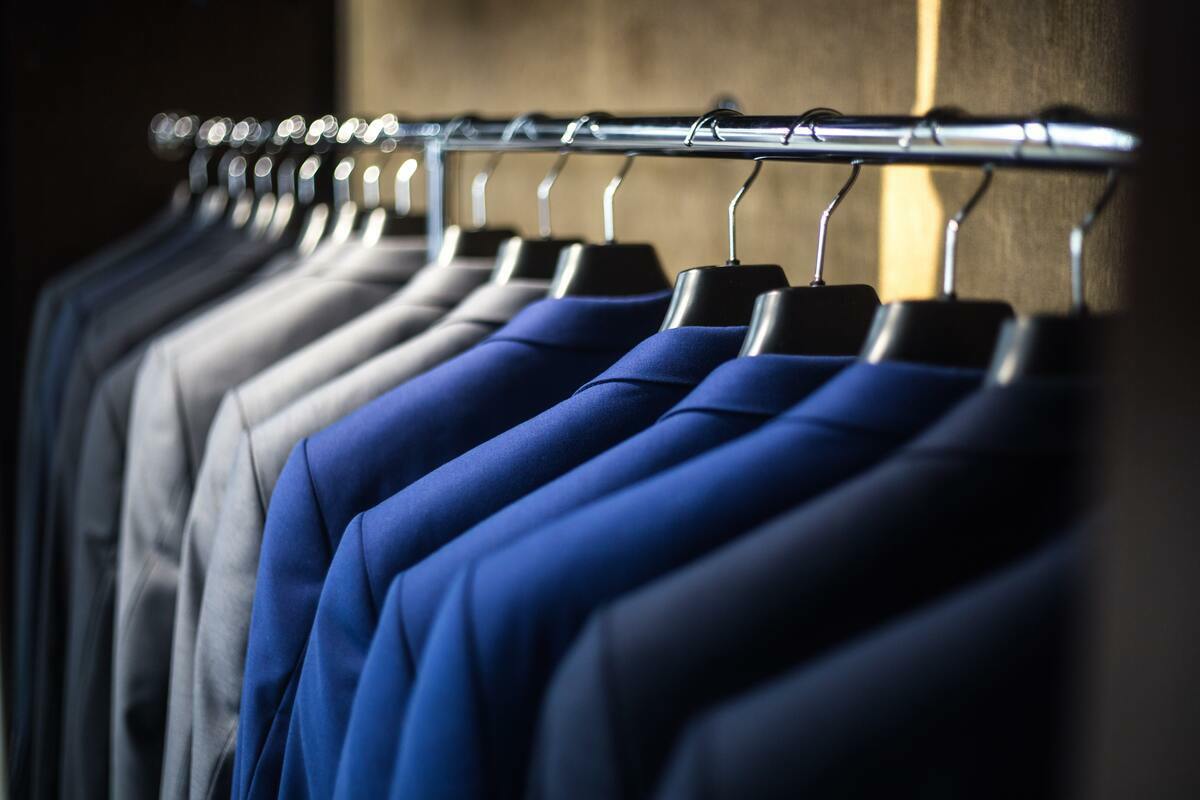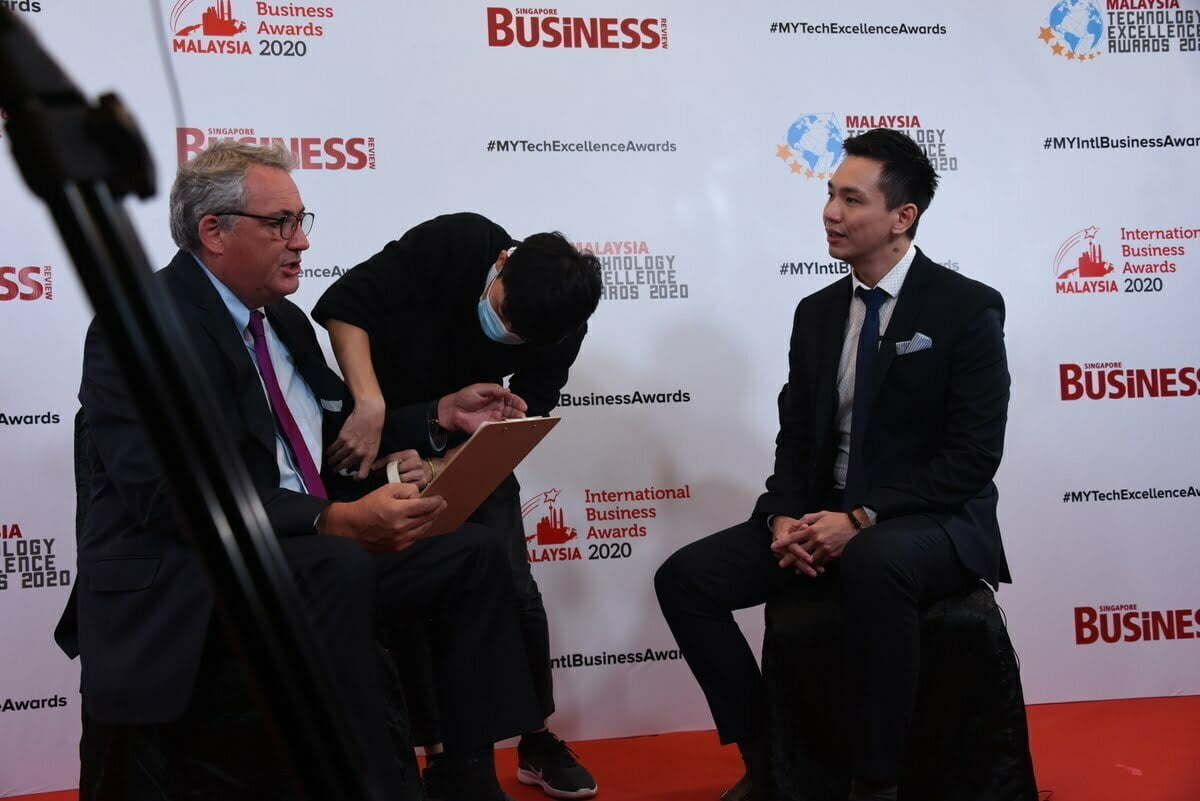

Globally, people are gradually investing in the expanding multi-billion-dollar market, modest fashion. Luxury, streetwear, and fast-fashion retailers like Uniqlo, H&M, Dolce & Gabbana, ASOS, Mango, Net-a-Porter and Nike have been seen tapping into modest fashion marketing. Modest apparel is a style concept for Muslims which emphasis clothing that does not reveal much skin; for woman consumers, they wear hijab (scarves), layers of cloth, long sleeves, long skirts, and high neck cover.
However, modernity has made modesty develop new ways to adapt to the current culture. Nowadays, modesty has been embraced by all layers of community, despite their age, religion, and gender. Modest fashion continues to gain notability in the market, wherein in 2018, US$ 283 billion (RM1.16 bil) was accounted for in this industry, and it is predicted to hit US$ 402 billion (RM1.65 bil) in 2024.


Combining culture with technology
Recently, the launch of new products incorporating technology is a key trend shaping the growth of the fashion market. In Malaysia, major players in modest fashion are competing to launch a new line of clothing with the latest technology such as sustainability series, to maintain their competitive position in the global market.


Figure 2: The collection uses sustainable fabric sourced through its collaboration with Kloth Cares. Source: https://tudungpeople.com/pages/save-the-ocean
How nanotechnology is reshaping the fashion and textile industry in Malaysia?
Nanotechnology is used based on shared elements such as carbon, gold, silver, and other related compounds and composites which enable technical and value-added textiles to enhance the functionality of a diverse range of products. To improve the surface characteristics of clothing such as microbial, waterproof, antistatic or UV protection, colour durable, self-cleaning, odour-resistant, stain-resistant, wrinkle-resistant, and better thermal efficiency; nanoparticles are increasingly used along with fabrics or embedded on clothing.


NanoTextile Sdn Bhd (NTSB) is the first and the only provider in Malaysia for nanotechnology services and consultation, which enhances the products’ value. Technology from NTSB has been incorporated into a wide range of many textile industries such as healthcare, industrial, and consumer applications, including apparel such as Muslimah wear, kids wear, undergarments, activewear, and many more. Predictably, as revealed by NTSB, Modest and Kidswear are the best-targeted sub-segment in nanotechnology.
Muslimah or Modest fashion had exceptionally contributed the highest percentage in opting nanotechnology in Malaysia, which include scarves, women’s wear, innerwear, hand socks, and face mask. TudungPeople and many other well-known modest fashion brands have made a move-in exploring their new range with nanotechnology, which recently, they have collaborated with NTSB for anti-microbial properties, one of the growing uses of nanotechnology in Malaysia.
This technology finds its way in modest wear because it is highly demanded by the working woman, the mother with kids, and for modesty purposes which require layering of cloth that may be susceptible to bacteria or odour. The COVID-19 era also has shown the increasing demand for nanotechnology in modest wear which has been proved that modern modernist consumers are willing to pay more for these kinds of products.
The new “less is more”
Humans nowadays are focusing on less fancy cloth which gives the word “less is more” a whole new meaning in this industry. The end-product quality; comfort, durability, functionality, should outnumber the quantity and over the forecast period, Malaysian consumers will increasingly head online to do their shopping. They will not be able to touch and feel the cloth they are purchasing. As stated by We Are Social and Hootsuite, internet users in Malaysia inclined 3.6% while e-commerce growth in Fashion and Beauty worth US$874.0 million rose 16% from 2019 to 2020. From those online purchases, fashion had made up US$ 753.6 million (RM3.114 bil) in 2018 and is predicted to grow by a CAGR of 11.5% to hit US$ 1.3 billion (RM5.36 bil) in 2023.
Putting forward quality should be a priority. All industries, retailer brands have the means to look at the world from a new perspective, to meet the needs and expectations of the consumers during this tough time. Adapting to these uncertain times requires resiliency, flexibility, creativity, and innovation. Mentioned by Hootsuite, more consumers were becoming socially responsible which the demand shifted towards purpose-driven capitalism.
The events of the year 2020; climate change, racisms and pandemic, have definitely intensified these socially aware mindsets. In the years to come, purpose-driven businesses will undoubtedly grow. By delivering added value and functionality, integration of nanotechnology with clothing or smart apparel projected to be a major trend in the future, in varied segment, especially in modest wear. Fashion designers should be exploring and expanding the boundaries of wearability as our life now happens almost entirely online.
In line with the vision of NTSB, focusing on expanding towards sustainability remains the catalyst to enable the clothing or textile industries along with other segments to move the industry in an upward direction of the value chain of the Industrial Revolution (IR) 4.0 era. NTSB is actively collaborating with the local fashion brands in growing awareness of the need to maintain and set high quality in their products. Equally important that NTSB will ensure market entry of a product enabled with nanotech is quick after the development stage.
Dr Thomas Ong, the CEO of NTSB highlighted that one of the NTSB’s investments emphasized the effort and time in grooming these new sub-segments with high guarantees, which made NTSB to be awarded the Nanotechnology – Apparel trophy in the recently concluded Malaysia Technology Excellence Awards 2020. “When Fashion Meets Technology” will surely infuse confidence in the consumer.




